New Delhi, July 6, 2025 (Townhall Times):
India’s film industry, often celebrated as the cultural heartbeat of the nation, is facing growing criticism from civil society groups, filmmakers, and cultural critics who argue that Bollywood is increasingly aligning its narratives with the ruling Bharatiya Janata Party’s (BJP) ideological agenda. According to these voices, Bollywood is being transformed into a “cultural factory” promoting superstition and Hindutva, raising serious questions about creative freedom and the preservation of India’s pluralistic cultural identity.
Concerns About Political Influence
Civil society groups advocating creative freedom say that Bollywood is under significant informal pressure to shape its stories around Hindu religious practices and symbols. Scripts reportedly now feature repeated scenes of deity worship, temple rituals, and references to Hindu gods—sometimes as many as “ten times” in a single script, according to filmmakers and critics familiar with recent projects. This trend is most visible in television serials, which increasingly revolve around religious devotion, miracles attributed to divine intervention, and rituals meant to ward off evil.
Critics argue this shift appears orchestrated to promote a Hindutva narrative that centers Hindu traditions and marginalizes India’s diverse religious and cultural heritage.
Bollywood as a Cultural Tool
For decades, Bollywood has been seen as a mirror reflecting India’s complex, multicultural society. But civil society groups warn that it is now being turned into a cultural tool that supports the BJP’s ideological objectives.
“It feels as though Bollywood is being pushed to act as a vehicle for superstition and Hindutva messaging, rather than telling diverse and inclusive stories,”
said a Delhi-based cultural critic.
They claim this pressure affects scriptwriting, casting decisions, and even the portrayal of historical and mythological figures, favoring narratives that glorify Hindu heritage over pluralistic storytelling.
Evidence in Recent Productions
Recent films and serials have faced criticism for heavily featuring religious rituals and superstitious themes. Popular serials like Sanskriti Sanskar and Devi Darshan routinely depict elaborate pooja ceremonies, miraculous events, and characters seeking divine help to resolve personal conflicts. Big-budget films such as Veer Bharat and Shiv Shakti, released in 2024 and 2025, have been accused of promoting Hindu nationalism—sometimes at the expense of historical accuracy and storytelling quality.
“Every other serial now has the protagonist praying to Lord Hanuman or performing a havan to fix a problem. This isn’t character development; it’s ideological messaging,”
remarked an independent filmmaker.
Critics also note an increase in content normalizing astrology, black magic, and divine intervention, which they say replaces rational, secular narratives with superstition.
Impact on Creative Freedom
Filmmakers and screenwriters have expressed concern that creative freedom is being quietly undermined. According to industry insiders, there is growing apprehension that projects failing to reflect the BJP’s cultural narrative could face distribution challenges or backlash. The Central Board of Film Certification (CBFC) has also been criticized for favoring films aligned with Hindutva ideology, while delaying or rejecting those challenging superstition or promoting secular themes.
“Many writers now self-censor, worrying about whether their work might offend powerful interests,”
said a screenwriter who asked not to be named.
Civil society advocates argue this atmosphere of fear and informal censorship discourages artistic experimentation and silences alternative voices.
BJP’s Response
The BJP has dismissed these criticisms as unfounded, arguing that depicting Hindu culture in cinema reflects genuine public sentiment rather than political interference.
“Hindu traditions are part of India’s identity. If audiences enjoy content based on these traditions, it’s natural for filmmakers to include them,”
said a party spokesperson.
Party officials also claim that celebrating cultural heritage fosters national unity. However, critics counter that the selective focus on Hindu symbolism marginalizes minority communities and strengthens superstition at the cost of rational storytelling.
A Call for Balance
The debate over Bollywood’s direction has sparked broader questions about the industry’s responsibility in representing India’s cultural diversity. While some argue that showcasing Hindu culture is a valid creative choice, others warn that turning Bollywood into an instrument of political messaging risks alienating audiences and promoting regressive beliefs. Civil society groups are urging for greater transparency in production and certification processes to protect creative freedom.
“Cinema should reflect the richness of India’s diversity, not serve as a megaphone for a single ideology,”
said a spokesperson for an arts advocacy group.
Conclusion
As Bollywood navigates this increasingly polarized cultural landscape, the surge in religious and superstitious content is hard to ignore. According to industry analyses, religious references in television serials have risen by over 600% in the last five years. Whether this trend is an organic cultural shift or driven by political influence remains contested.
What is clear is that Bollywood—once a symbol of India’s multicultural spirit—stands at a turning point. Its future will depend on whether it can protect creative freedom and remain a space for diverse stories, or if it becomes a vehicle for ideological messaging in an already divided political climate.

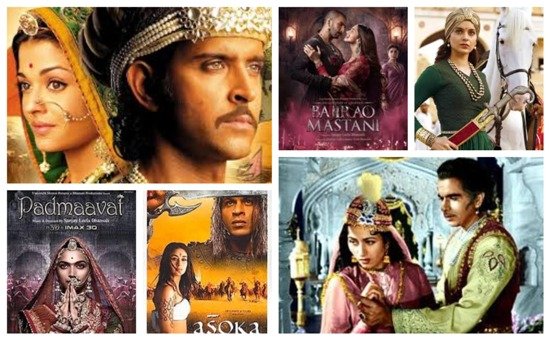
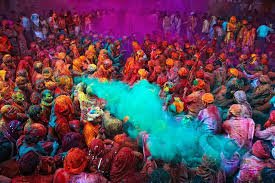
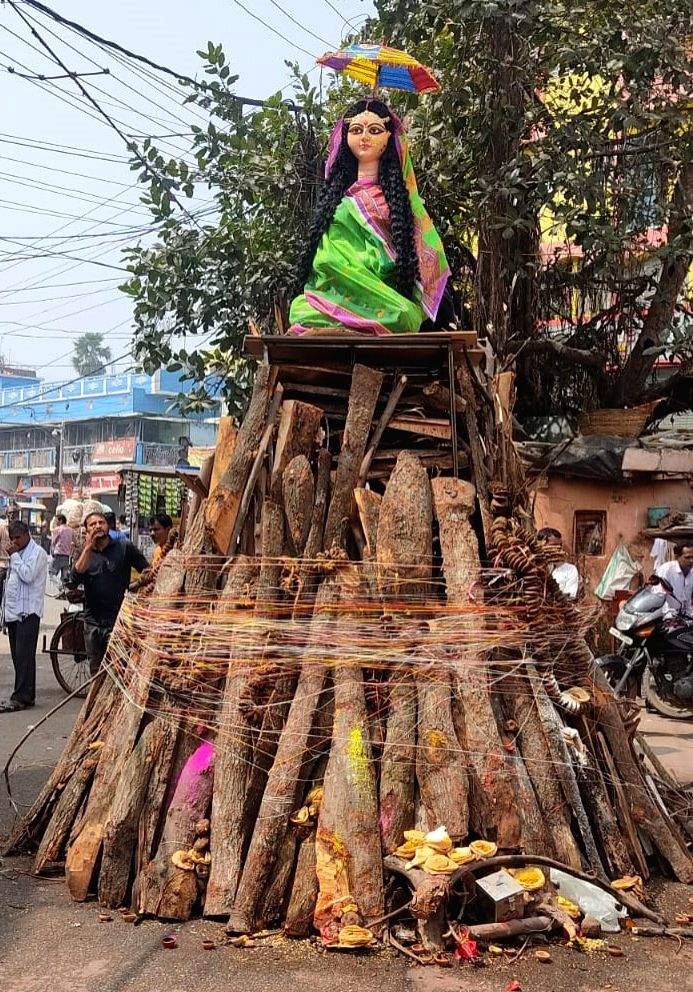
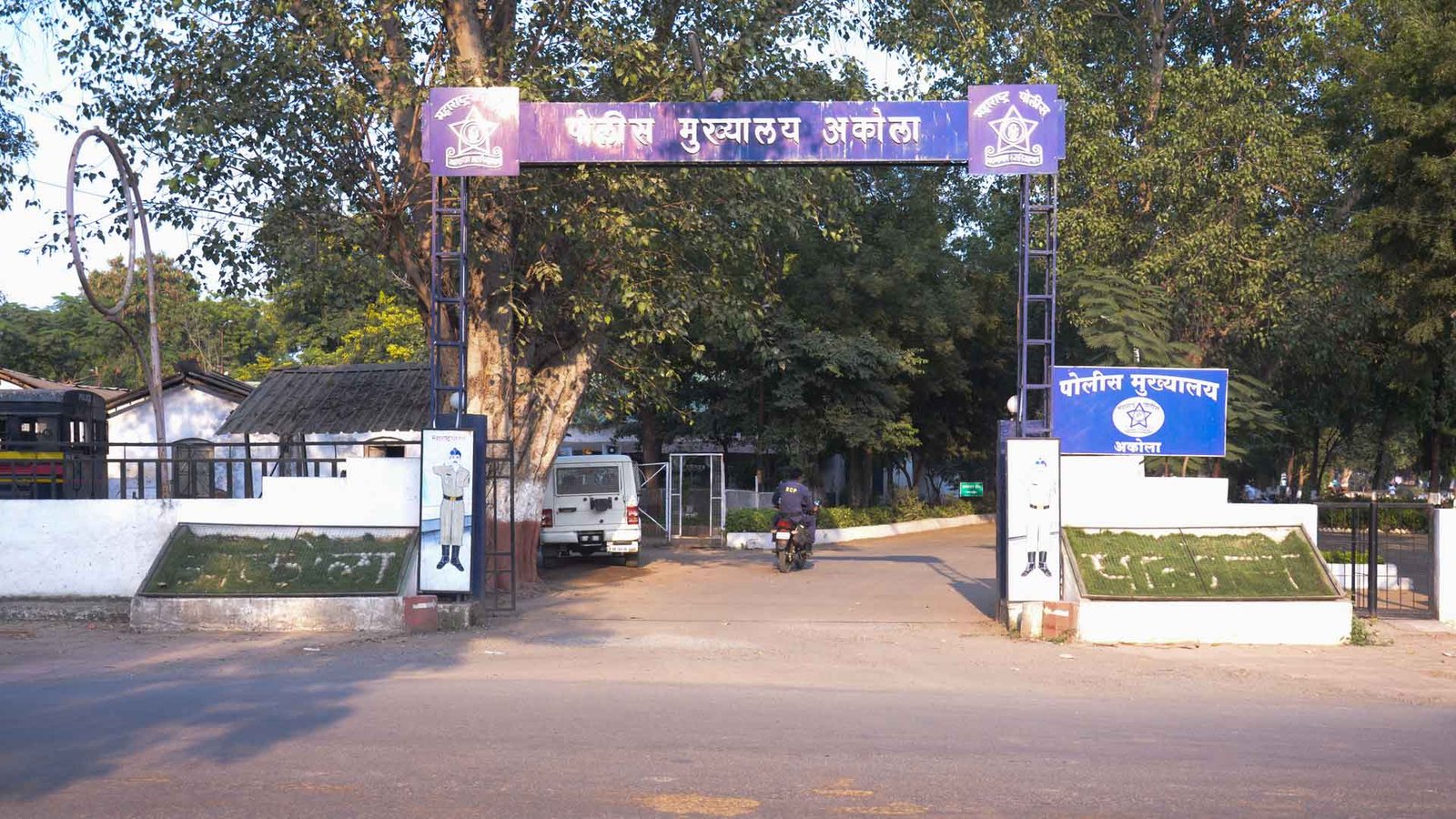
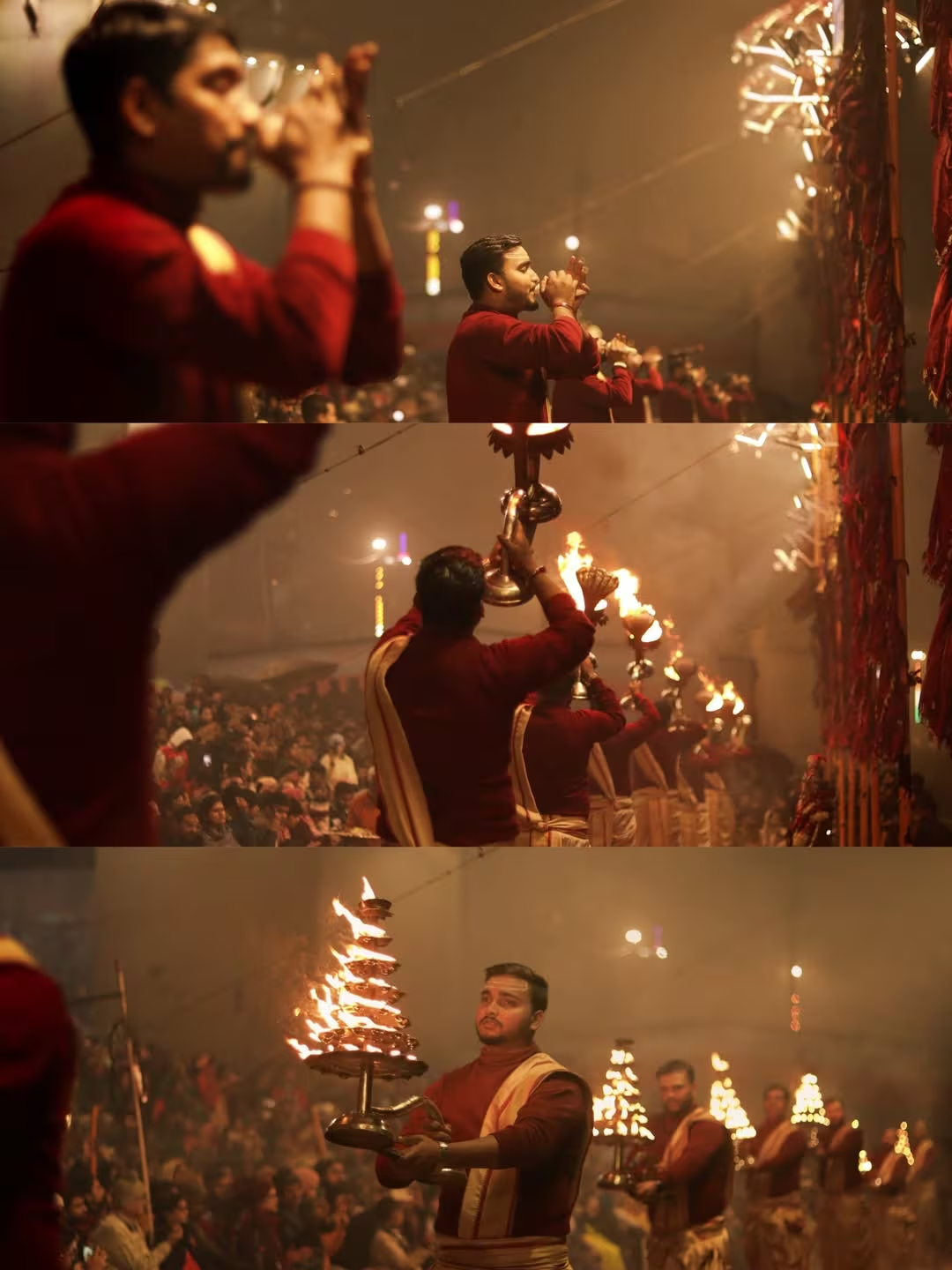
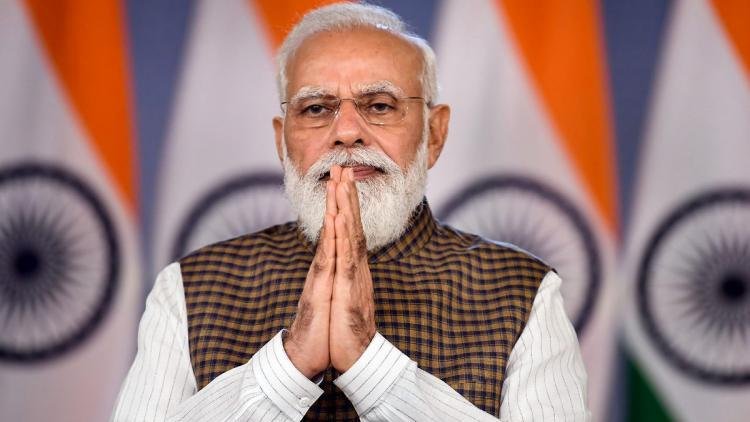
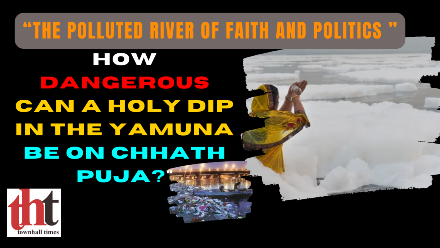

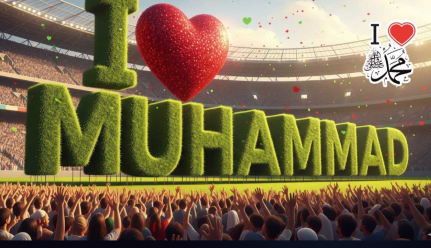

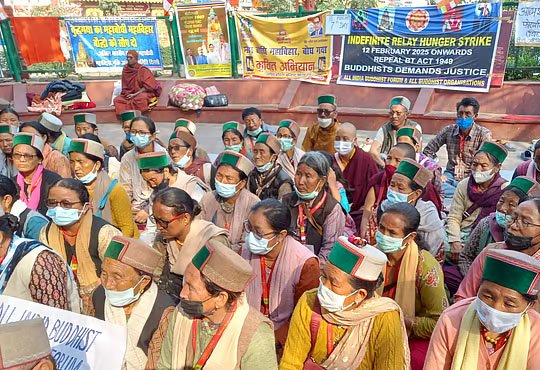


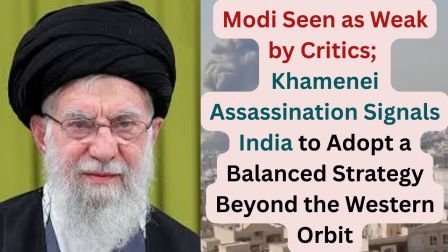
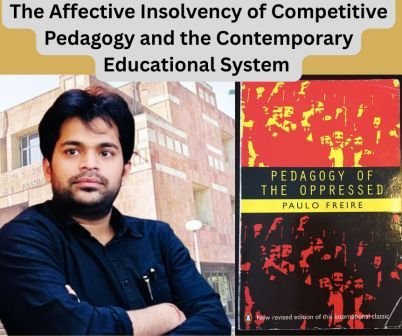
Leave a Reply